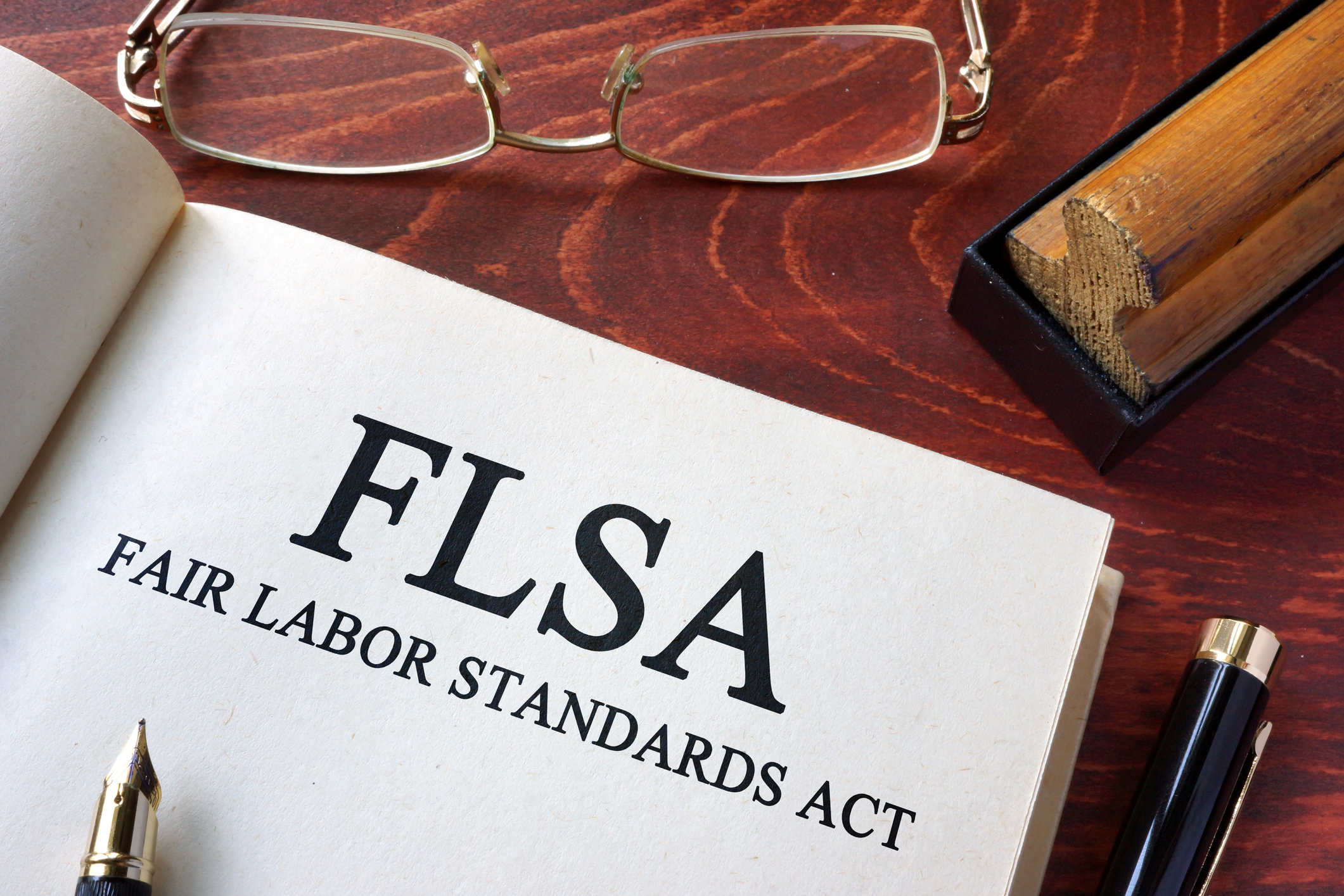Industry Trade Groups Submit Comment Letters Criticizing DOL’s Proposed Independent Contractor Rule

The Alternative and Direct Investment Securities Association and the Financial Services Institute submitted comment letters on the U.S. Department of Labor’s proposed independent contractor rule which would revise its analysis for determining employee or independent contractor classification under the Fair Labor Standards Act.
As The DI Wire reported in October 2022, the proposed rule would replace the existing 2021 test used to determine worker classification as either an independent contractor or an employee.
According to the letter, ADISA believes that the DOL should reevaluate the applicability of the proposal to broker-dealers, registered investment advisors, registered representatives and financial advisors.
ADISA claims that those who are currently categorized as independent contractors by broker-dealers and registered investment advisors’ function independently and effectively support their own business endeavors with the compensation received from their positions. This independence is built into the financial models that their firms employ, models that are based on the assumption that independent contractors will bear significant costs of their business operations and operate with significant freedom relative to the firms with whom they are associated. The association believes that the proposal has the potential to dramatically impact the “carefully calibrated and mutually advantageous model.”
In the letter, ADISA expands on how the proposal will upend the decades long independent broker-dealer and registered investment adviser business model and restates that the proposal should either be reverted back to its prior form or financial services professionals should be exempted from its application.
FSI’s comment letter to the DOL expressed serious concerns about how the proposed rule would affect independent financial advisors’ independent contractor status and its ultimate impact on advisors’ ability to continue to own and operate their businesses and serve clients within their communities. FSI urged DOL to withdraw the proposal.
FSI claims that by getting rid of the clarifying “core factors” framework of the existing rule from 2021, the proposed rule would not achieve regulatory clarity, is inconsistent with the Fair Labor Standards Act, contravenes Supreme Court precedent, and violates the Administrative Procedure Act. The test would be “independently unlawful, unpredictable and inappropriately slanted” toward employee classification and improperly construe the “control” factor to weigh in favor employment classification when a firm requires compliance with federal and state regulatory requirements, even though those requirements have nothing to do with economic dependence and are not indicative of independent contractor status. The test would also incorrectly abandon the “integrated unit of production” factor articulated by Supreme Court precedent in determining FLSA worker classification and replace it with the vague requirement of determining whether a worker is integral to a business.
FSI also believes that the department’s cost-benefit analysis significantly underestimates the proposed rule’s costs by neglecting to consider costs from wage cuts and layoffs, payroll taxes, disruption of specific industries, increased litigation, shifting operations and recordkeeping. The proposed rule “would significantly harm the independent financial services industry.” The industry would face increased litigation costs from accusations of misclassifying financial advisors.
In the letter, FSI explains that independent financial advisors could lose the flexibility to change their affiliations with firms and engage in activities outside the scope of their relationships with their affiliated firm. Costs to clients would increase, leading to loss of access to financial advice.
Finally, FSI claims that the proposed rule would have economy-wide ramifications. The proposal would introduce significant uncertainty into worker classification impacting much of the economy, and it fails to account for the myriad ways that businesses and contractors structure their relationships and the long-term investments made based on these arrangements.
The Department of Labor is responsible for ensuring that employers do not misclassify FLSA-covered workers as independent contractors and deprive them of their legal wage and hour protections.
